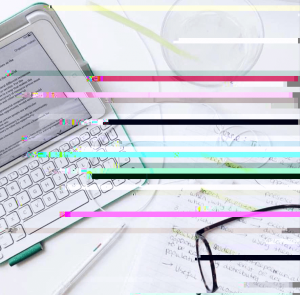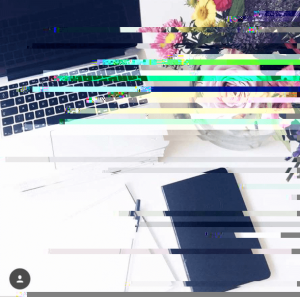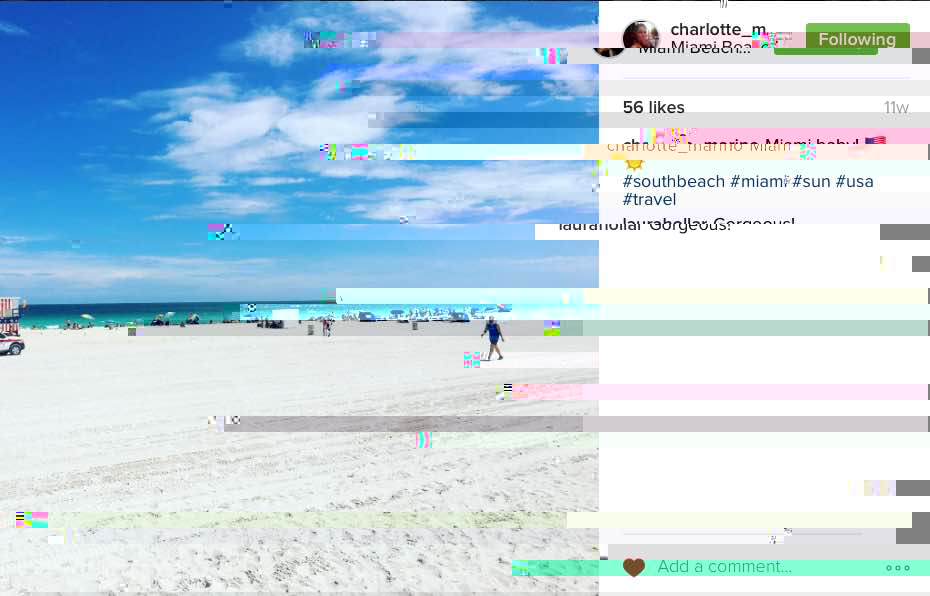“The single biggest problem in communication is the illusion that it has taken place”
– George Bernard Shaw
It’s estimated that 800 million people worldwide are using Facebook and connecting through Twitter, Instagram, and other social media sites. The majority of users on such sites being students and young adults. These such users have become a heavily researched subject over the past few years. The topics popularity and innovation allow communication to grow at a rapid rate. Th is addictive high of social media and the compulsion to keep all platforms up to date have combined to make it harder than ever for today’s students to create their own unaffected online persona.
is addictive high of social media and the compulsion to keep all platforms up to date have combined to make it harder than ever for today’s students to create their own unaffected online persona.
While studies haven’t revealed social media to be the societal evil that some have played it up as being, that doesn’t mean that it isn’t influencing our lives. For example, it affects how we as students act and think, often in ways you may not even realize. This is causing some very real effects on us and the way in which we communicate with one another. This is alongside being manipulated into believing and seeing content that isn’t real or appropriate for our self-esteem.
…

 faint. We spent so much time cultivating appearances and relationships online that we allow them to influence the way in which we present ourselves. Together, we all influence one another to create this online universe where everything so perfect when in reality it’s oh so different. Sadly, we have become a culture in which users are obsessed with presenting a curated image in which we are showing friends or the public a happier or more accomplished version of ourselves. From updating Facebook statuses to posting Snapchats with the newest filters, social media has, in fact, made us all such anti-social beings….
faint. We spent so much time cultivating appearances and relationships online that we allow them to influence the way in which we present ourselves. Together, we all influence one another to create this online universe where everything so perfect when in reality it’s oh so different. Sadly, we have become a culture in which users are obsessed with presenting a curated image in which we are showing friends or the public a happier or more accomplished version of ourselves. From updating Facebook statuses to posting Snapchats with the newest filters, social media has, in fact, made us all such anti-social beings….